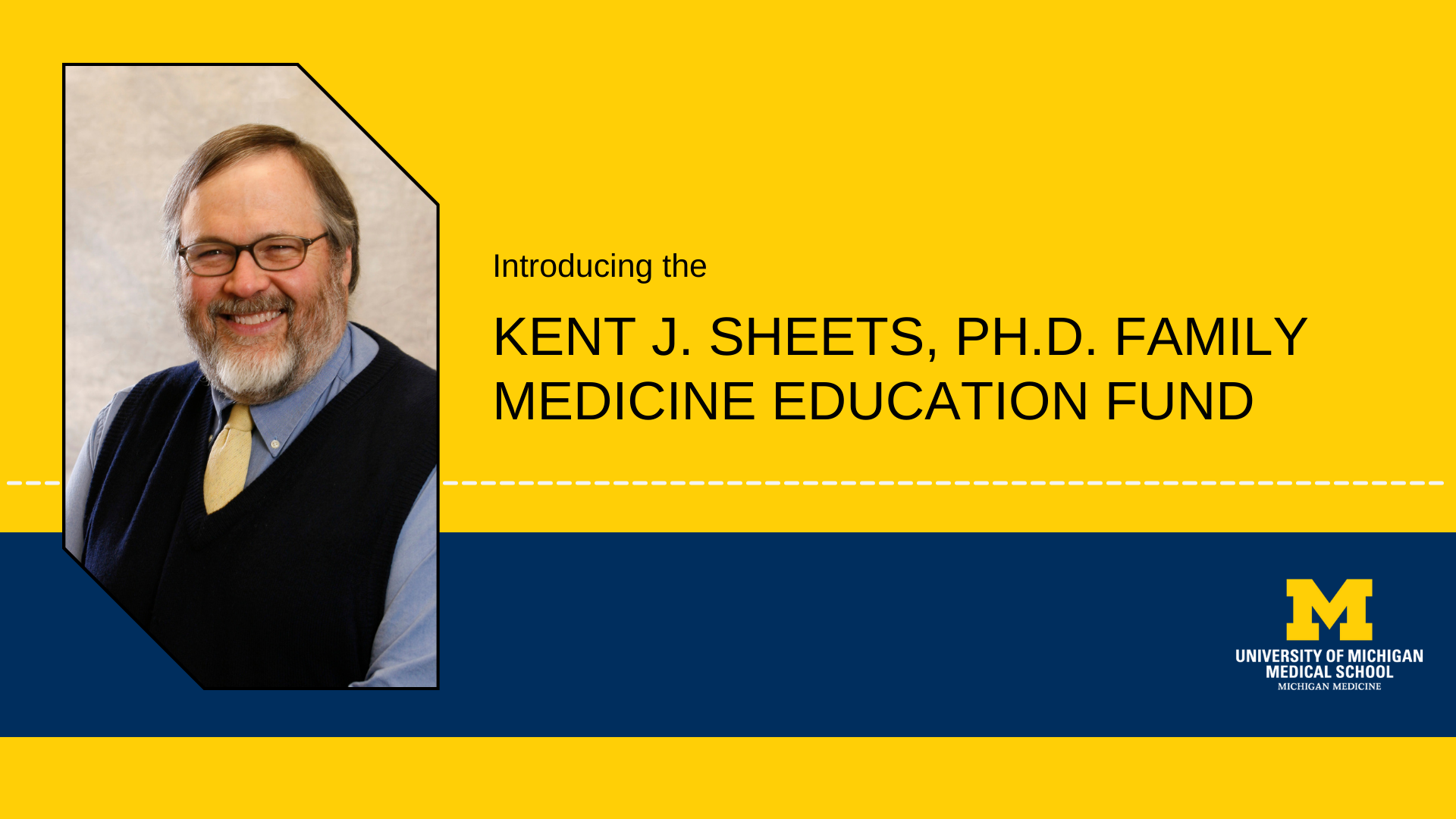The Lurie Institute for Disability Policy at Brandeis University’s Heller School for Social Policy and Management and the University of Michigan Department of Family Medicine have been awarded a five-year, $2.8 million grant from the National Institutes of Health (NIH) to study the pregnancy outcomes and experiences of women who are Deaf and hard of hearing.

This pioneering study, led by principal investigator Monika Mitra, associate professor and interim director of the Lurie Institute, and co-principal investigator Dr. Michael McKee, assistant professor at the University of Michigan, seeks to fill a critical knowledge gap. While women who are Deaf and hard of hearing are equally likely to be pregnant as women with other disabilities and women without disabilities, almost no research exists about their pregnancy experiences, maternal and birth outcomes, or associated healthcare costs.
Mitra and McKee published a preliminary study on this topic in the American Journal of Preventive Medicine in 2016, which showed that Deaf and hard of hearing women were significantly more likely than other women to experience adverse pregnancy outcomes, such as preterm birth or low birth weight babies. Deaf and hard of hearing women are likely to experience significant barriers to perinatal health care, such as a lack of sign language interpreters, which potentially hinders their ability to access adequate care and information.
“This research study will enable us to systematically investigate pregnancy experiences and barriers to care for Deaf and hard of hearing women,” says Mitra. “The examination of their pregnancy experiences and outcomes will, for the first time, tell us who these mothers are and what they are facing while pregnant and at delivery. Deaf and hard of hearing women are often excluded from traditional research, which has led to a critical gap in our understanding of their perinatal health and healthcare access.”
McKee adds, “Furthermore, this research study is unique since it will truly be a participatory research project with community members and organizations assisting the researchers. Their input will help guide the study to explore many long overlooked aspects (e.g. cultural) of health inequities in our health care system.”
“We hope that findings from this study will be used to develop new programs and policies to improve perinatal care access and quality for Deaf and hard of hearing women,” says Mitra.
Over the course of five years, Mitra and McKee will analyze two different data sets to determine whether disparities exist for Deaf and hard of hearing women across a variety of pregnancy and childbirth complications, outcomes, healthcare utilization rates and cost measures. They will also incorporate mixed methods approaches, including interviews with Deaf and hard of hearing mothers and clinicians to identify unmet needs and barriers to care.
This study will provide the first-ever systematic understanding of pregnancy care costs and health outcomes for DHH women. With it, Mitra and McKee hope to establish the foundational knowledge necessary to develop future interventions to improve outcomes. They also plan to generate practice recommendations for clinicians to deliver improved perinatal health to DHH mothers and their infants.
The Lurie Institute for Disability Policy
The Lurie Institute, part of Brandeis University’s Heller School for Social Policy and Management, is dedicated to innovative research and training initiatives that promote effective policies to improve the health and well-being of people with disabilities and their families across the lifespan. The Lurie Institute’s research addresses many critical issues facing people with disabilities and their families including poverty, unemployment, inequitable access to and quality of care, and a myriad of other social, health, and economic disparities
About the Heller School for Social Policy and Management
The Heller School is an internationally renowned policy school and research institution at Brandeis University. Founded in 1959, Heller offers seven graduate-degree programs, including a PhD in social policy, and six master’s degree programs. Heller scholars conduct $19 million a year in sponsored research. It is home to 10 renowned research centers and institutes, covering policy areas ranging from asset inequality, to disability, to behavioral health.
About the Department of Family Medicine at the University of Michigan
The University of Michigan Medical School's Department of Family Medicine is a nationally recognized leader in patient care, education, and research. Since the Department was founded in 1978, our presence has exemplified the principles of family medicine. Our 100 faculty run six thriving health centers; educate 33 residents, 12 fellows and hundreds of medical students annually; and foster a top-rated, innovative research program. From a non-existent research program in 1983, the Department has developed into one of the top research programs in family medicine in the nation judged by productivity and quality of research faculty. We are now a national resource for academic family medicine. With grants totaling more than $3.5 million last year, we are ranked 6th by the National Institutes of Health.
Explore more research on disability health and reproductive and women's health from the U-M Department of Family Medicine.


